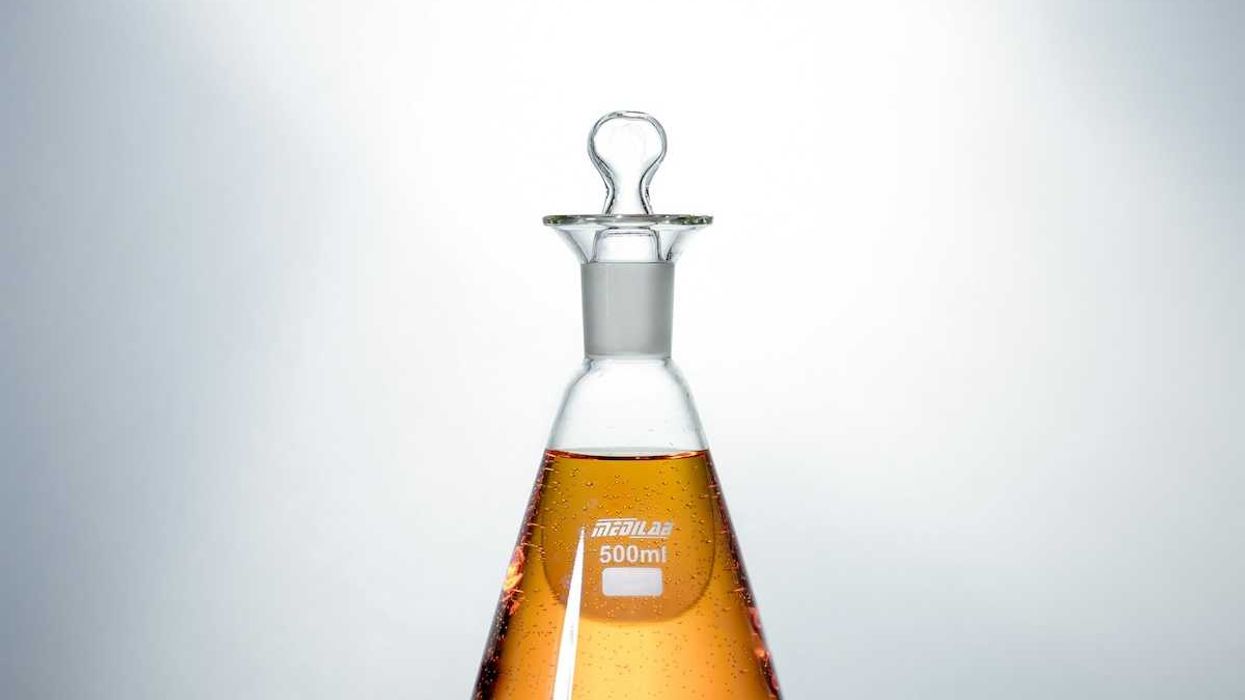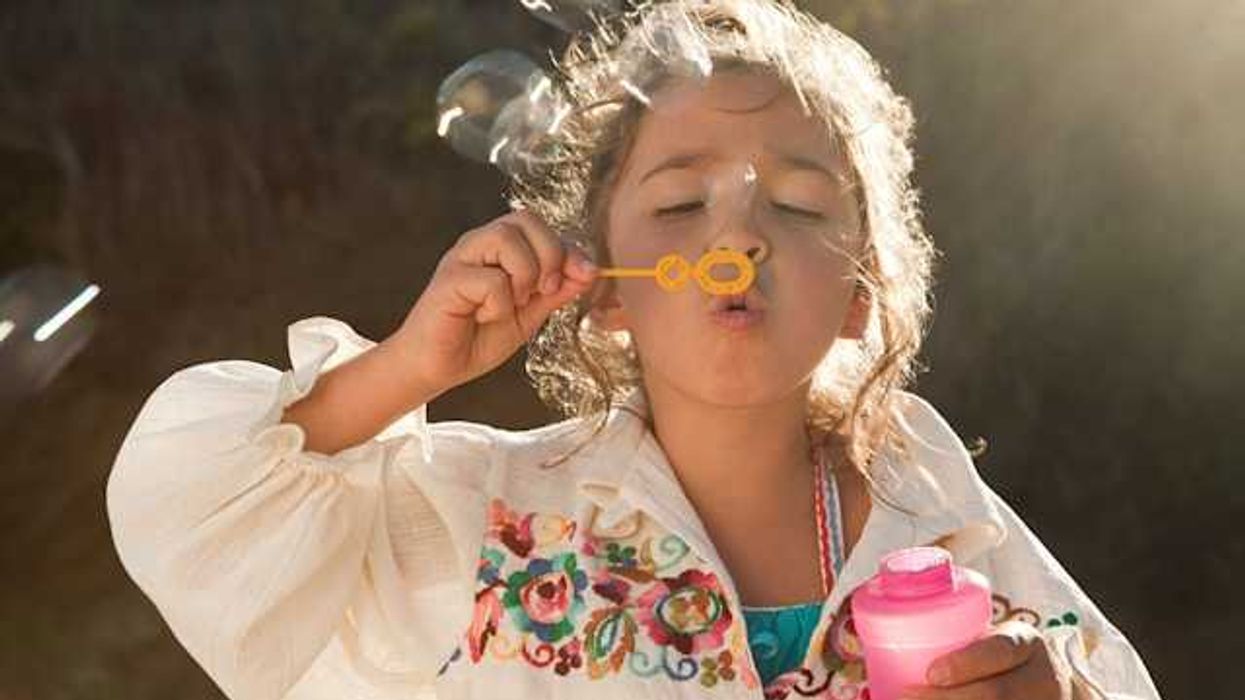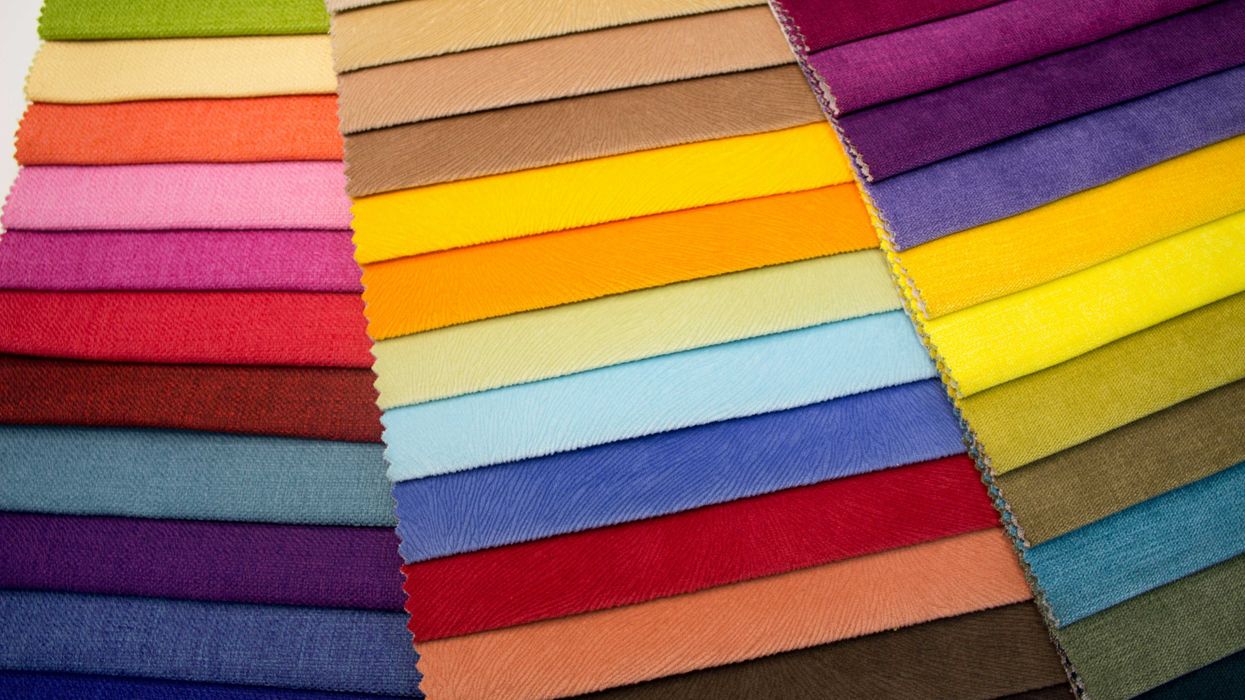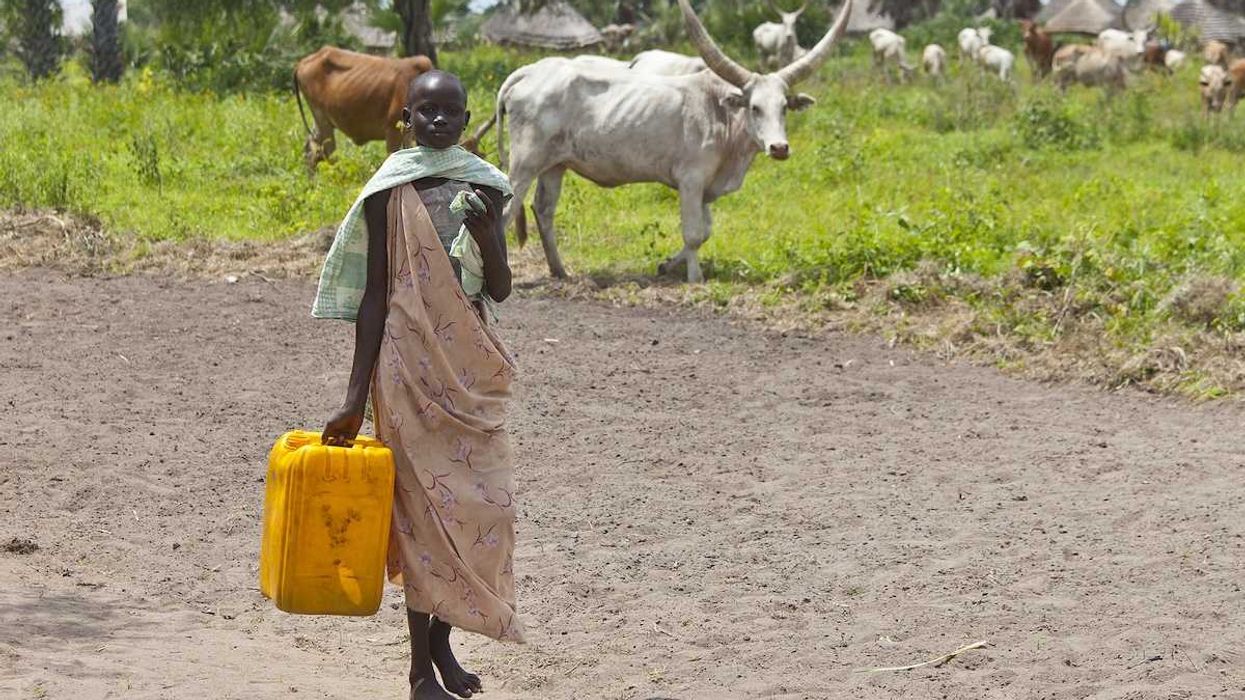A major new study estimates 11 billion pieces of plastic contaminate vital reefs and result in infections: 'It's like getting gangrene,' scientists warn.
Why this is important
It's becoming increasing obvious that toxicity derived from plastics pollution in the ocean is a big problem. The toxicity arises both from the basic material used to make the plastic, as well as the additives used to manipulate plastic - to make it, say, hard or soft or flexible.
Corals are a complex organism involve a sensitive symbiotic relationship with algae; one hypothesized pathway for toxic effects on coral is via disruption of this symbiosis. Plastics and their additives can undermine immune function and impair fertility, among many consequences for a wide variety of organisms.
One take home: making plastics compatible with a sustainable, circular economy will be a daunting challenge and require massive redesign of the plastics in use, as well as their manufacturing process. Here's a TED-style talk I gave in London's Abbey Road Studio about these issues and other dimensions of endocrine disruption.













